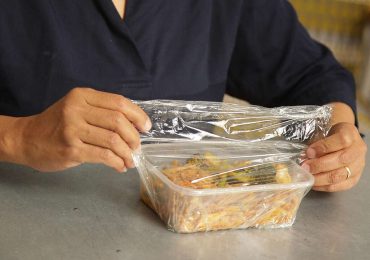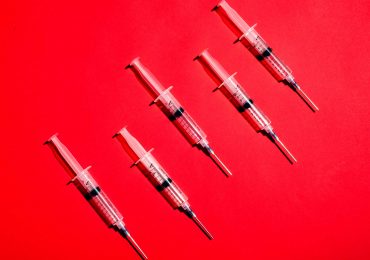During the winter, a serious danger to pets is antifreeze, which is poisonous if ingested by animals. Here are some of the dangers associated with antifreeze and how to prevent them.
What is antifreeze and where is it found?
Antifreeze is a chemical that can be found in vehicles like cars and trucks, but also in tractors or other machinery. Antifreeze, also known as coolant, is essential for regulating your car’s engine temperature. It is mixed with water in the radiator to prevent the engine from overheating in warm weather and freezing in cold weather.
Sometimes vehicles may leak antifreeze, or there may be spills from people topping up antifreeze. These spills pose a fatal threat to animals. The chemical in the antifreeze tastes sweet, and animals can be drawn to it.
There are several ways the poison can get into the animal’s system; they can lick it or walk on it and lick themselves. Due to its sweetness, an animal may be tempted to ingest it.
The chemicals in the antifreeze go to the pet’s kidneys and act like tiny, microscopic razor blades that slice up the kidney cells. This can cause permanent kidney damage or death due to kidney failure.
Alternatives
There are safer antifreeze options that exist. Normal antifreeze has ethylene glycol, whereas safer alternative uses propylene glycol. Though still poisonous, it isn’t as harmful as antifreeze containing ethylene glycol.
It is important to note that ethylene glycol is also found in other vehicle fluids (like some transmission and brake fluids).
Regardless of the type, if you think your pet has ingested any antifreeze, they should be taken to a vet immediately.
Prevention
If you’re going to be topping up your radiator or changing your antifreeze, make sure your pets are far away.
Before your furry friend is allowed back into that area, it’s important to have a good look under the vehicle to make sure nothing has spilled. This includes doing a sweep of the garbage to ensure that there are no chemical traces.
If there is spilling, clean it up carefully with detergent to rinse it and wash it away. If the spill is on gravel, the best option is to scoop and throw away the gravel, then pour water and detergent on the dirt left behind.
After using the detergent water, wipe it and dry it up, doing your best to ensure there’s no residue left behind.
Antifreeze is a dangerous substance that can cause life-threatening consequences for animals. It is important to take preventative measures and limit your pet’s exposure. If your pet has been exposed to antifreeze, bring them to a veterinarian immediately.
If this information was helpful, please help us continue to educate about pet health and well-being by making a donation. As a registered charity that does not receive annual government funding, the Ontario SPCA depends on the generosity of donors to change the lives of animals in need.
The post Dangers of Antifreeze appeared first on Ontario SPCA and Humane Society.
Leave a comment





